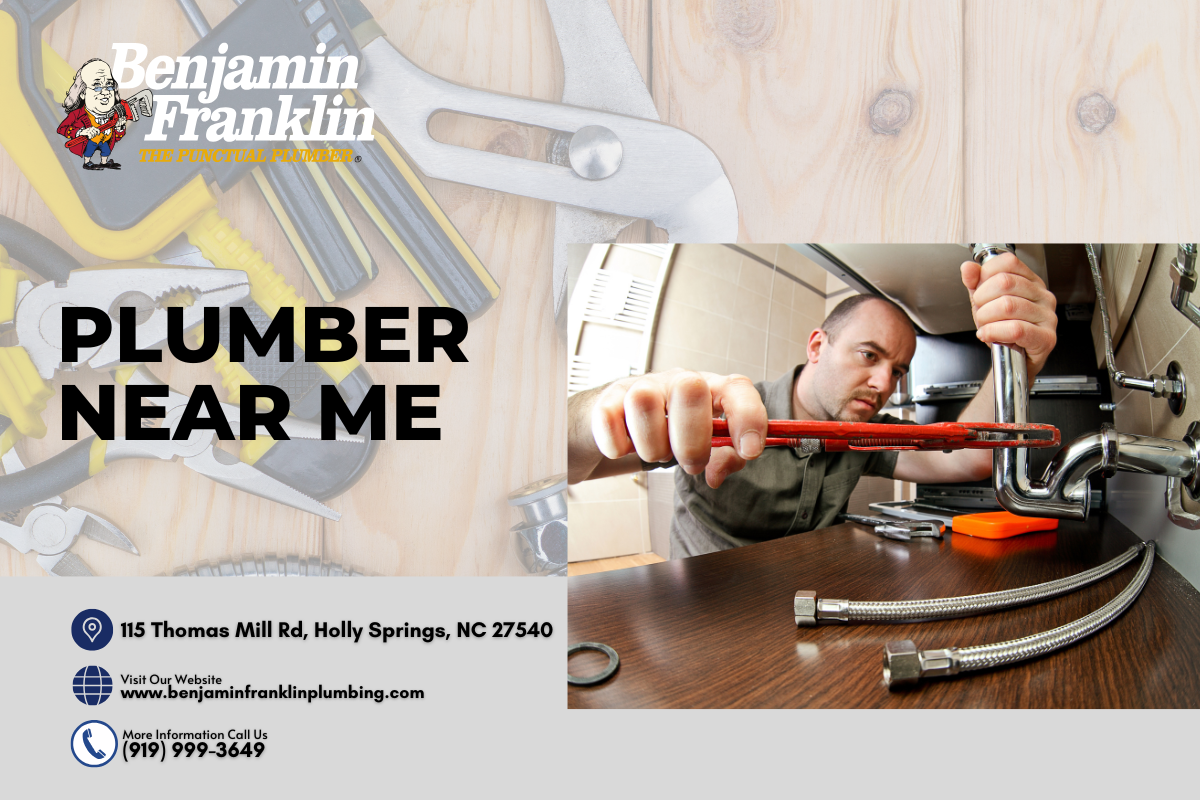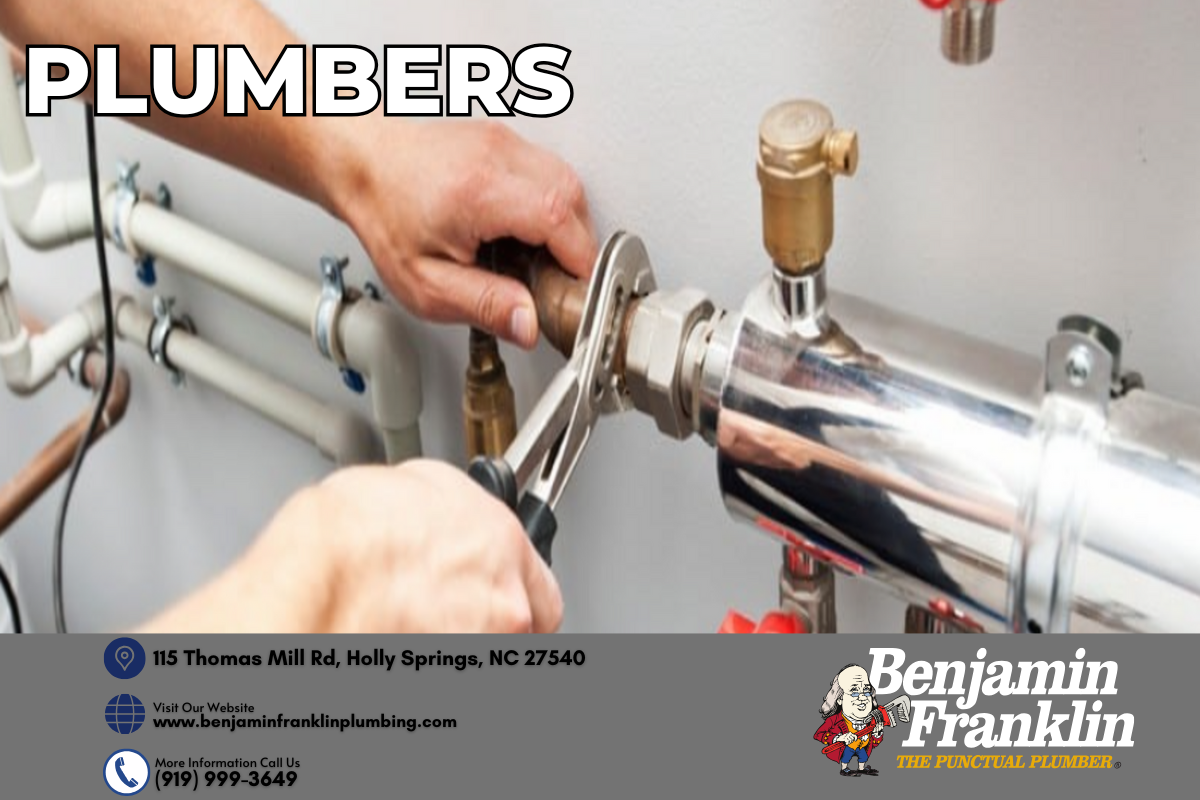

Introduction
Plumbing emergencies can strike at the most inconvenient times, turning a peaceful day into a nightmare. Imagine waking up to a flooded bathroom or discovering that your kitchen sink won’t drain just before hosting a dinner party. Such scenarios not only disrupt daily life but can also lead to costly repairs and extensive damage. Fortunately, with insights from the experts in Holly Springs, you can take proactive measures to avoid these plumbing disasters. This article delves deep into effective strategies for preventing plumbing emergencies, offering practical advice from seasoned plumbers who know the ins and outs of home plumbing systems.
Understanding Plumbing Emergencies
What Constitutes a Plumbing Emergency?
A plumbing emergency is any situation that requires immediate attention due to risks of water damage or health hazards. Common examples include:
- Burst pipes: Often caused by freezing temperatures or excessive pressure. Overflowing toilets: Resulting from clogs or malfunctioning mechanisms. Sewage backups: Hazardous situations that indicate serious plumbing issues. Leaking fixtures: Can lead to significant water waste and property damage.
Why Are Plumbing Emergencies Common?
Plumbing emergencies often occur unexpectedly, but certain factors contribute to their frequency:
Aging Infrastructure: Older homes in Holly Springs may have outdated plumbing systems prone to failure. Improper Maintenance: Neglecting routine checks and maintenance can lead to unforeseen problems. Weather Conditions: Extreme temperatures can cause pipes to freeze and burst. DIY Mishaps: Attempting home repairs without adequate knowledge can exacerbate existing issues.How to Avoid Plumbing Emergencies: Insights from Holly Springs Experts
Regular Maintenance is Key
Schedule Routine Inspections
Regular inspections by professional plumbers are vital in identifying potential issues before they escalate. Experts recommend scheduling maintenance at least once a year.
- Inspect pipes for leaks Check water pressure levels Evaluate drainage systems
Keep Records of Repairs
Maintaining detailed records of past repairs helps plumbers understand your system's history, https://jsbin.com/kimazacila aiding in more effective future inspections.
Know Your Plumbing System
Familiarize Yourself with Your Home's Layout
Understanding where your pipes run and knowing what fixtures are connected can save valuable time during an emergency.
Locate shut-off valves Identify main water supply lines Understand how different systems interact (e.g., toilets, sinks)Learn Basic Troubleshooting Techniques
Knowing how to handle minor plumbing issues can prevent them from becoming major problems:
- How do you unclog a sink? Use a plunger first; if that doesn't work, consider using a snake or calling a plumber.
Invest in Quality Fixtures and Materials
Choose Durable Appliances and Fixtures
When replacing old fixtures, invest in high-quality materials that resist wear and tear:
Stainless steel faucets PVC piping for durability High-efficiency toiletsConsider Professional Installation Services
Hiring qualified plumbers ensures that installations meet safety standards and function as intended.
Watch What Goes Down the Drain
Avoid Clogs by Being Mindful of Waste Disposal
Educate all household members on what should not go down the drain:
- No grease or oils Avoid flushing non-biodegradable items Use drain guards to catch hair and debris
Install Water Softeners if Necessary
Understanding Hard Water Issues in Holly Springs
Hard water can lead to mineral buildup in pipes, causing reduced flow and potential blockages. Installing a water softener can mitigate these issues.
Stay Informed About Seasonal Changes
Winterizing Your Plumbing System
Preparing your home for colder months is crucial:
Insulate exposed pipes. Allow faucets to drip during extreme cold. Disconnect outdoor hoses from spigots.FAQ Section
1. What should I do if I experience a sudden leak?
If you notice a leak, turn off the main water supply immediately, then contact local plumbers in Holly Springs for urgent assistance.
2. How often should I schedule plumbing inspections?
It's advisable to have your plumbing system inspected at least once every year for optimal maintenance.
3. Can I fix minor plumbing issues myself?
While some minor issues may be resolved with DIY methods, complex problems typically require professional expertise.
4. Why is my water bill unusually high?
A sudden spike in your water bill could indicate leaks somewhere in your system; immediate inspection is warranted.
5. What are common signs of pipe corrosion?
Signs include discoloration of water, unusual noises within walls when using taps, and frequent leaks near joints.
6. How do I find reliable plumbers near me?
Look for licensed professionals with good reviews online or ask friends and family for recommendations based on their experiences with local plumbers in Holly Springs.
Conclusion
Preventing plumbing emergencies requires proactive measures combined with expert insights from seasoned professionals like those found among the top plumbers in Holly Springs. By investing time into regular maintenance, understanding your home's plumbing layout, choosing quality fixtures, being mindful of waste disposal practices, seasonal preparedness, and seeking professional help when necessary, you can significantly reduce the risk of catastrophic plumbing failures.
Incorporating these strategies will not only enhance the longevity of your home's plumbing system but also ensure peace of mind as you navigate daily activities without the looming threat of unexpected emergencies. Remember, when it comes to maintaining your home’s infrastructure, an ounce of prevention truly is worth a pound of cure!